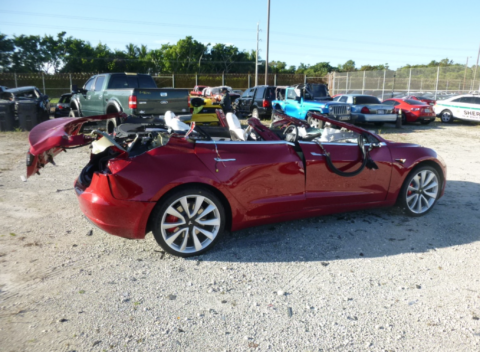Podcast: Play in new window | Download
Subscribe: RSS

The Luddites are mostly remembered as people who hated technology, but they had a larger concern, as do I: the exploitation of people by those who were profiting from the new technology.
For most of my life I relished every technological advance that came my way. I remember when we got electricity at the farm when I was learning to read by the murky light of kerosene lamps. I remember the thrill of being able to illuminate an entire room with brilliant light simply by flicking a switch.
Other blessings followed: a constant supply of hot water; a self igniting furnace controlled by a thermostat that kept the whole house at a constant temperature; a television set that allowed us to watch movies in our living room. I remember the uncharacteristic grin of pure delight on my father’s face when he took me for a ride in our brand new 1953 Oldsmobile to demonstrate the wonders of an automatic transmission. Continue reading


 It is exceedingly strange how the notion persists — among, for example, the Russian geniuses who planned the Ukranian invasion — that bombardment breaks the will of the people bombed, when almost every chapter of human history contradicts it.
It is exceedingly strange how the notion persists — among, for example, the Russian geniuses who planned the Ukranian invasion — that bombardment breaks the will of the people bombed, when almost every chapter of human history contradicts it. 




